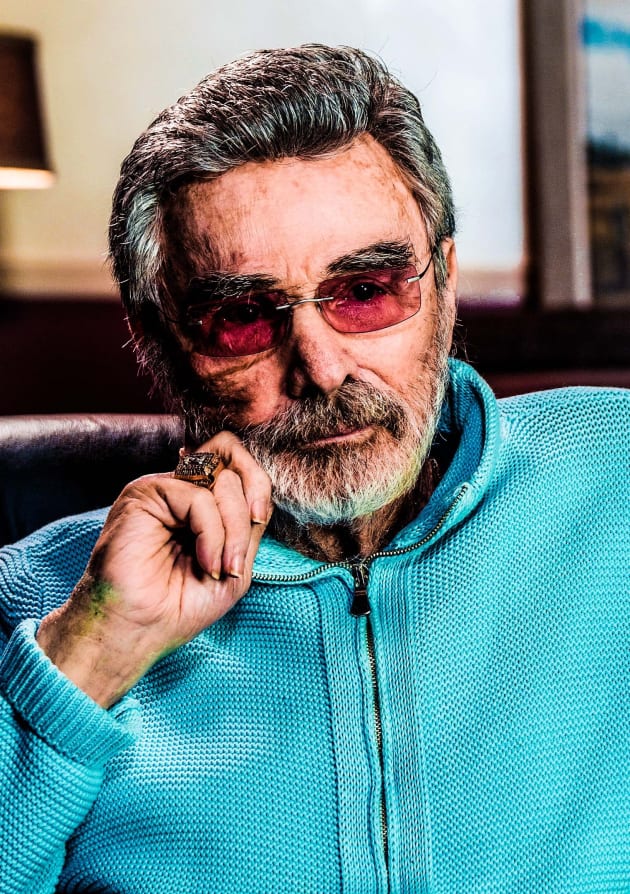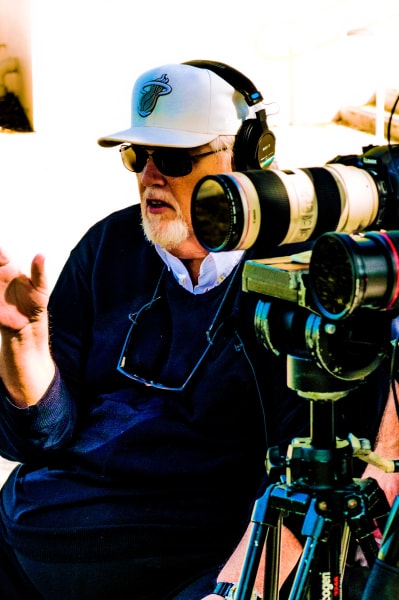
As a fan of entertainment, you’ve probably thought, ‘hey, I can do that.’
Making a movie, especially, seems so easy these days. You just grab your camera and film!
But it is far from that easy, and Movie Money CONFIDENTIAL explains the importance of merging your vision with good business sense.
Once you look at the credits for any film (or TV show, for that matter), you see the many roles you need to pull off a successful — and, frankly, unsuccessful — production.
Movie Money CONFIDENTIAL is a documentary inspired by the bestselling book, Filmkakers & Financing by Louise Levison.
Levison formerly taught film financing at UCLA, and she’s got more than one successful business plan for independent films in the bag.
Specifically, Levison created the business plan for the Blair Witch Project, which was the most successful independent film ever made.
Watching Levison discuss her plan for that movie doesn’t sound like she’s discussing entertainment at all, and that’s the point.
Filmmakers may have a creative vision imperative to a film’s success, but you can’t bring that vision to fruition without a business plan and investors to support it.
Writer-director Rick Pamplin is one of Levison’s clients and is at the helm of Movie Money CONFIDENTIAL.
Pamplin has confidence to spare, and some of that is due to Levison’s involvement in his projects. Thankfully for aspiring filmmakers, Pamplin saw the benefit of sharing Levison’s insights via an independent film.
Like any other film, Movie Money CONFIDENTIAL started on the ground floor, and Pamplin and his producer, Scott DuPont, hit quite a few snags during the production. If you think asking for money is difficult, talking about investing your money is even more difficult.
Pamplin used over 60 industry interviews with people willing to share their thoughts on film financing and a broader range of topics to create the film.
Among those he spoke with are Salma Hayek, one of Levison’s clients for The Prophet, and superstar and theater owner, Burt Reynolds, in one of his last interviews.
While Hayek’s segment was short, the in-depth discussions with Reynolds are bittersweet since he filmed his last appearance just six months before his death.
It features a side of Reynolds very few got to know, and his insight is invaluable.
Most of the film features investors you’ve never heard of and probably never would, but for this film, their main points seem like common sense, but hearing someone say it and managing to pull it off are two different things.
Interview after interview states the obvious. If you have the vision to create movies, you have to pick up the camera. You also need a solid business plan to secure investors.
The last part is the focus of this film, and the biggest takeaway is to take nobody for granted and use every avenue you have to secure financing.
You don’t know who has money or who is willing to invest, from your best friend to a stranger on the street — discussing your vision and looking for investors should be a part of every conversation.
Levison, Pamplin, and DuPont took their show on the road, speaking to students and insiders alike, and the film rests on who they interviewed and the reactions they received, and what they shared.
If there was one sticking point for me, it was the music Pamplin used throughout. Most of it played like an infomercial. And while this film is, essentially, a long infomercial promoting movie financing, the music made it a little bit of a chore to get through.
But if you can put that aside, the topic and how it’s covered is well worth your time. Who knows, maybe the next movie I review will be yours.
Carissa Pavlica is the managing editor and a staff writer and critic for TV Fanatic. She’s a member of the Critic’s Choice Association, enjoys mentoring writers, conversing with cats, and passionately discussing the nuances of television and film with anyone who will listen. Follow her on Twitter and email her here at TV Fanatic.










![‘Hawkeye’ Finale: Is [Spoiler] Really Dead? ‘Hawkeye’ Finale: Is [Spoiler] Really Dead?](https://celebritynewsmag.com/wp-content/uploads/2022/01/hawkeye-season-1-episode-6-hailee-steinfeld-jeremy-renner-1014x570-1-230x162.jpg)

